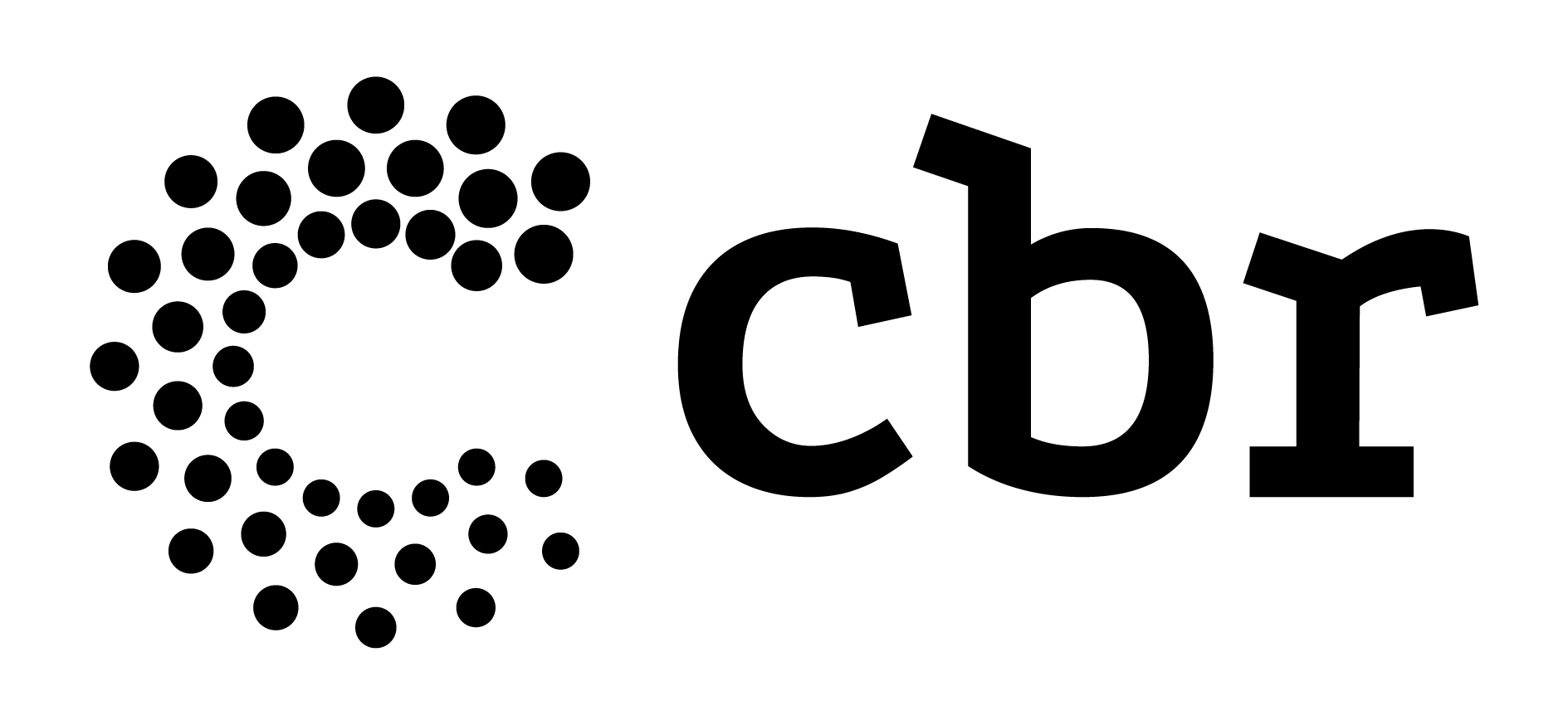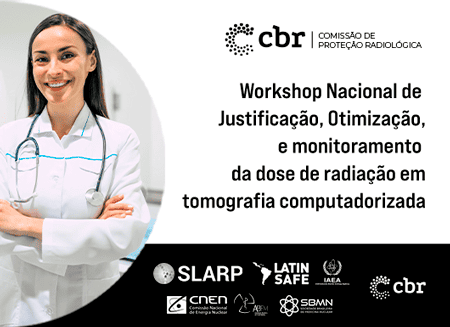The CBR Radiological Protection Commission (CPR), with the support of the International Atomic Energy Agency (IAEA), Brazilian Association of Medical Physics (ABFM), Brazilian Society of Nuclear Medicine (SBMN) and National Nuclear Energy Commission (CNEN) , performed the workshop of Justification, Optimization and Quality in Tomography, in the week of January 23rd to 27th, at the CBR headquarters, in São Paulo (SP), with face-to-face and virtual activities, in addition to visits to hospitals in the Diagnostic Reference Levels project in Brazil.
At the opportunity, incredible interactive clinical practices were applied by Prof. doctor Mannudeep Kalra, from Massachusetts General Hospital (Boston/USA), IAEA Specialist, with case discussions, fantastic lectures and interactive education methodology and the participation of a multidisciplinary team of physicians, radiologists, technologists, physicists and hospital managers. The event was originally broadcast in English, with simultaneous translation into Portuguese and Spanish.
doctor Kalra carries out analyzes and guidelines for the project Diagnostic Reference Levels for Brazil in pediatric and adult Computed Tomography, with publications submitted to international journals. The project is being expanded to Latin America, with the support of Dr. Martha Edith of the Radiological Protection Study Group (Latin Safe) and Dr. Tatiana Fazecas, from the Sociedad Latinoamericana de Radiología Pediátrica (SLARP).
More than 340 professionals from various parts of Brazil participated in the virtual meeting, as well as representatives of Brazilian medical entities, hospitals and universities, including: Regional Council of Radiology Technicians; Quality Program Committee of the Brazilian College of Radiology; Brazilian Society of Pediatrics, Brazilian Society of Nuclear Medicine; Hospital Sírio Libanês, in São Paulo (SP); Hospital Unimed-Recife (PE); Miguel Soeiro Hospital and the North Zone Unit of Unimed de Sorocaba, both in Sorocaba (SP); Pontifical University of São Paulo (PUC/SP); Federal University of Rio de Janeiro (UFRJ), University of São Paulo (USP); Albert Einstein University Hospital.
During the workshop, four face-to-face visits were made to different hospitals in São Paulo (SP) and one in Rio de Janeiro (RJ).
improve knowledge
The application of questionnaires to participants in the online activity was an opportunity to improve knowledge in the concepts of DLP radiation dose quantities, CDTI, technical parameters and technology resources of tomography equipment and the principle of justification. “Educational activities can be applied in continuing education by CPR and other societies, and will certainly contribute to optimizing the doses and justification of the exams. The correct justification of tomography exams for patients allows better indication of procedures, optimization of doses, in addition to reducing operating costs, reducing exposure to radiation and protocol adjustments for these exams by the technical team”, said Dr. Kalra.
doctor Kalra points out some recommendations such as the need for the technical team to know the dose reduction features of the equipment - such as, for example, iterative reconstruction -, use of current modulation and adjustment of technical variables (tube voltage, mAs, thickness, extension of the exposure and collimation). The reduction in the number of phases in computed tomography exams, reassessment of protocols based on clinical indication, patient weight and height for adults, age range and justification for the exam for children, were highlighted by the expert. Updating equipment and applying current artificial intelligence resources were also mentioned.
“There is a huge opportunity to optimize radiation doses in some CT scans, according to research analysis in Brazil led by Dr. Mônica Bernardo, mainly in CT scans of the abdomen, with a reduction in the number of phases, following the existing recommendations in the United States and Europe, of protocols according to the clinical indication and size of the patient. After this optimization, it will be possible to establish the Reference Levels for Brazil. Some hospitals can be references and multipliers for others. New hospitals must be added to the NRD Brasil project in order to increase the sample in the country”, says Prof. Mannudeep Kalra.
O workshop had the support of Dr. Adelanir Barroso, representative of SBMN, Marcel Zago and Rochelle Lykawka, specialist medical physicists and, respectively, president and director of ABFM, in addition to the participation of members of CPR and CBR.
Also present were Dr. Maria Camila Lunardi from the São Paulo Regional Council of Medicine (CREMESP); doctor Ruy Guimaraes (PADI); Mario Manduca, from the National Council of Radiology Technicians (CONTER); doctor Flávio Morgado (PUC/SP); Renato Dimenstein (ABFM), Dr. Felipe Kiipper (Hospital Sírio Libanês), Dr. Dolores Bustelo (SBP/CBR) and Dr. Ronaldo Baroni (CBR Scientific Director).
The event was organized by CPR, supervised by Dr. Monica Bernardo, also supervisor of the NRD Brasil project and Dr. Alair Sarmet Santos, current CPR coordinator.
The complete lectures of the courses held on the 24th and 26th of January will be available on demand, on the CBR website.
New IAEA/CNEN courses are already being prepared by CPR for this year. Wait!
Participate in this project. sign up https://www.nrdbrasil.com.br/ .
In case of doubt, contact us by email: info@nrdbrasil.com.br




